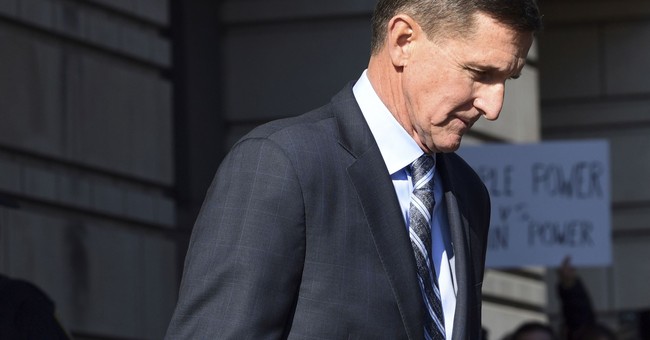
Former Trump national security adviser Michael Flynn leaves federal court in Washington, Friday, Dec. 1, 2017. Flynn pleaded guilty Friday to making false statements to the FBI, the first Trump White House official to make a guilty plea so far in a wide-ranging investigation led by special counsel Robert Mueller. (AP Photo/Susan Walsh)
The more details we learn about how General Michael Flynn was dealt with by the FBI, the more disturbing this story becomes. Investigative journalist John Solomon seems to have the inside track on this saga. On Monday night, he reported that high-ranking Obama DOJ officials expressed “alarm” to Special Counsel Robert Mueller’s team over the way former Trump National Security Adviser Mike Flynn was treated by FBI agents.
Solomon has obtained a copy of a 2018 letter “transmitting exculpatory evidence” from Robert Mueller’s team written to Flynn’s then-attorneys. He says this new information “paints a dark portrait of the bureau’s behavior.”
(Why did Flynn’s original attorneys allow him to plead guilty after receiving this letter?)
Flynn fired his first team of attorneys abruptly in December 2018 and hired his current attorney, Sidney Powell. Powell is making the case that Flynn was coerced into agreeing to a plea deal in which he pleaded guilty to lying to the FBI (about his discussion of sanctions with then-Russian ambassador Sergey Kislyak during his January 24, 2017, White House interview). Powell is trying to withdraw Flynn’s guilty plea.
The new material shows:
Mueller’s team accepted Flynn’s guilty plea on a charge of lying about his conversations with Russian ambassador Sergey Kislyak even though agents told DOJ they thought the former general was not lying and simply had a faulty memory.
DOJ officials believed the threat the FBI was using to prosecute Flynn under an obscure law known as the Logan Act was a “stretch.”
Flynn was lured by the FBI into a fateful interview with agents believing he was not in legal jeopardy, which caused him not to seek a lawyer.
Some of the DOJ officials’ assessments to the Mueller team were backed up by former deputy FBI director Andrew McCabe.
Sally Yates, an official in Obama’s DOJ, became Trump’s acting Attorney General and was soon fired by Trump after she refused to enforce a travel ban. Nevertheless, during an interview with the Special Counsel’s office, she expressed concern that FBI agents had shown up at the White House to speak with Flynn and had failed to tell him that he was under investigation.
The May 2018 letter to Flynn’s first team of attorneys said:
During an SCO (Special Counsel Office) interview of former Acting Attorney General Sally Yates, Yates said that on January 24, 2017, Comey advised Yates that two FBI agents were on their way to interview Flynn. The interview was problematic from Yates’ perspective because, as a matter of protocol and courtesy, the White House Counsel’s Office should have been notified beforehand.
Yates relayed that the FBI previously had said that notification would mess up an ongoing investigation, but Yates said it was not always clear what exactly the FBI was doing to investigate Flynn.
The gist of what she was told was that Flynn was very accommodating, but the agents had not confronted him directly. He was nudged at one point, and he said something like, ‘Oh, thank you for reminding me.’ Flynn denied having a conversation about sanctions. Yates did not speak to the interviewing agents herself, but understood from others that the interviewing agents’ assessment was that Flynn showed no ‘tells’ of lying, and it was possible he really did not remember the substance of his calls with Ambassador Kislyak.
Solomon writes that after looking at these documents as well as previously viewed materials, he understands Powell’s belief that the FBI had lured Flynn into a perjury trap.
Former acting Assistant Attorney General Mary McCord was also interviewed by the SCO. The letter to Flynn’s attorneys said, “The FBI did not want to insinuate the existence of a criminal investigation to Flynn, and to that end they did not give a Title 18 United States Code Section 1001 warning to Flynn. The FBI also indicated there was no need to reinterview Flynn at the time.”
She also said she knew the reason for the Flynn interview “was to determine whether or not Flynn had a clandestine relationship with Russia…By Jan. 30, 2017, the FBI sent senior DOJ officials a memo declaring the bureau did not believe Flynn was acting as an agent of Russia…McCord said that upon learning of Flynn’s phone calls with Ambassador Kislyak, a Logan Act prosecution seemed like a stretch to her.”
At that time, there were some agents thinking about prosecuting Flynn under the Logan Act which prohibits non-government officials from representing the U.S. in talks with other nations. Although it is only natural for representatives from other countries to talk to members of an incoming administration during the transition and not a single soul has been prosecuted under this 1799 law, the FBI was looking for something to pin on Flynn. Information was leaked to the Washington Post’s David Ignatius and immediately published, “further building pressure for Flynn to resign, which he did in mid-February 2017.”
(Note: On Sunday, I wrote a post entitled, “President Trump ‘Strongly Considering’ a Full Pardon for General Michael Flynn, Here’s the Back Story,” which provides detailed background information about this case, including why Obama and his officials wanted Flynn out of the way.)
On January 30, 2017, FBI Deputy Director Andrew McCabe wrote a memo saying the FBI would not be charging Flynn for a Logan Act violation.
McCabe was also interviewed by the SCO. The letter said that he:
Affirmed McCord’s and Yates’ accounts during his own interview with the Mueller team.
According to McCabe, after the January 24 interview with Flynn, the interviewing agents returned to the FBI and briefed McCabe. The agents believed Flynn seemed very credible in his interview. Everyone in the room thought it was amazing that the agents believed that Flynn seemed credible since he denied something that everyone else knew to be true.
McCabe and then-acting assistant attorney general Mary McCord had many subsequent discussions about the Logan Act. They believed prosecuting a Logan act violation was a long shot.
Finally, the SCO interviewed then-Principal Associate Deputy Attorney General Matthew Axelrod. The letter said that Peter Strzok had “provided Axelrod and others a readout of the interview.” Regarding Axelrod, the letter said:
Strzok provided his view that Flynn appeared truthful during the interview. Strzok based his assessment more on Flynn’s mannerisms and lack of hesitation when answering questions as opposed to what Flynn actually said.
Additionally Strzok shared the FBI’s view that Flynn agreeing to the interview without legal representation carried weight.
Solomon writes, “For months now, Flynn’s new lawyer Powell has made such claims in court filings. And others, like former House Intelligence Committee Chairman Devin Nunes, have raised the troubling prospect that Flynn was set up to be charged. It appears those claims have now found support in the testimony Mueller collected.”
In the above-mentioned post, I discuss the reasons why Obama administration officials, and even Obama himself, hated Flynn and why they tried to set him up. It looks like Powell has been able to gather most of the information she needs to prove this. It’s gone on for so long and he’s been treated so unjustly, I would rather see him exonerated than pardoned.
Related: Judicial Watch President Tom Fitton appeared Monday evening on the Lou Dobbs show and said Durham’s report is expected between July and September.
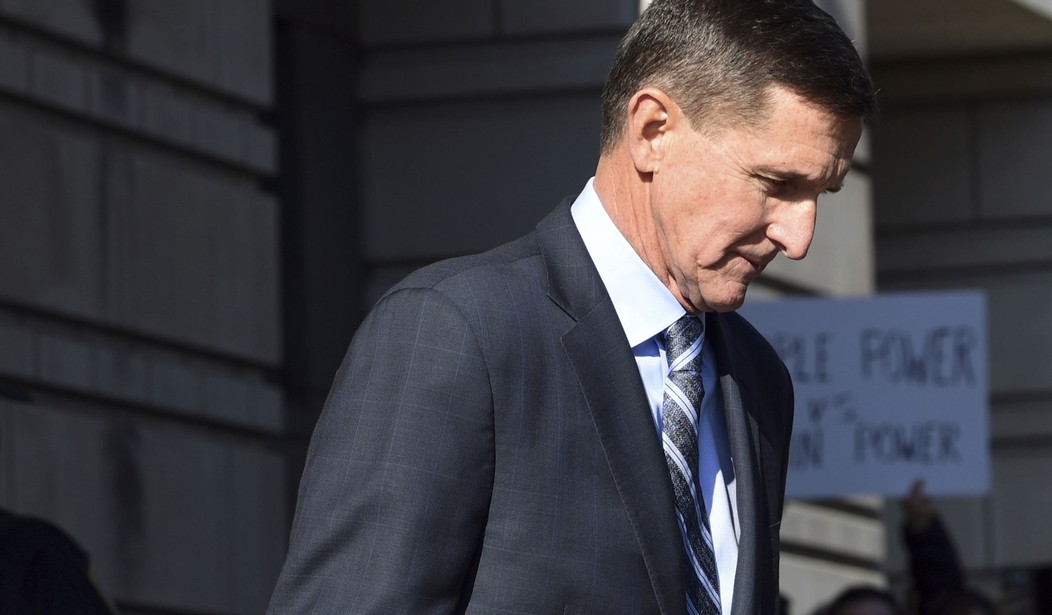



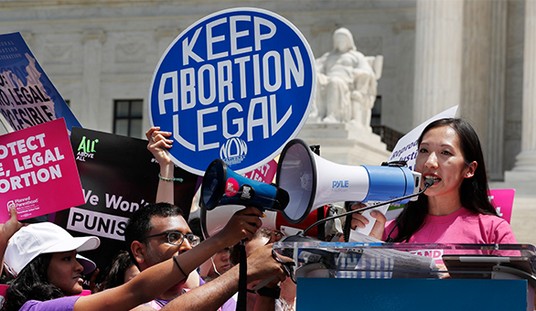
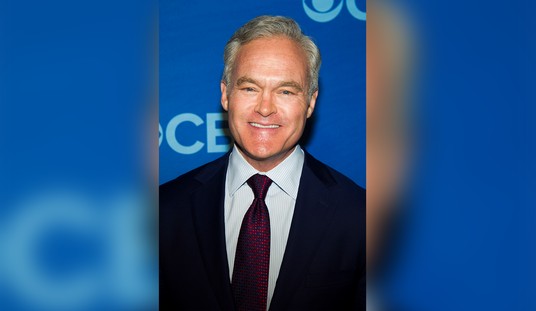



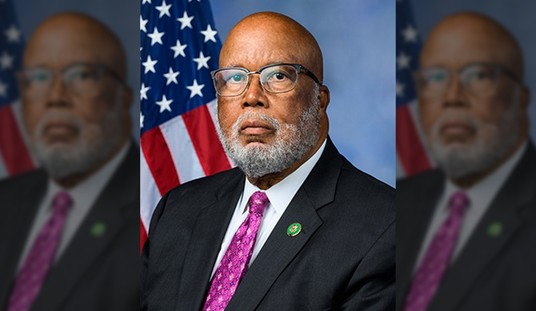
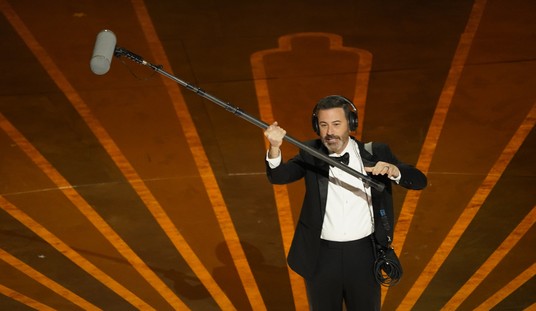

Join the conversation as a VIP Member